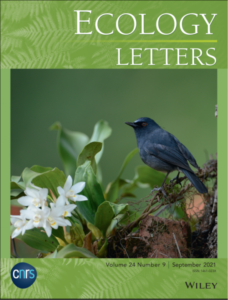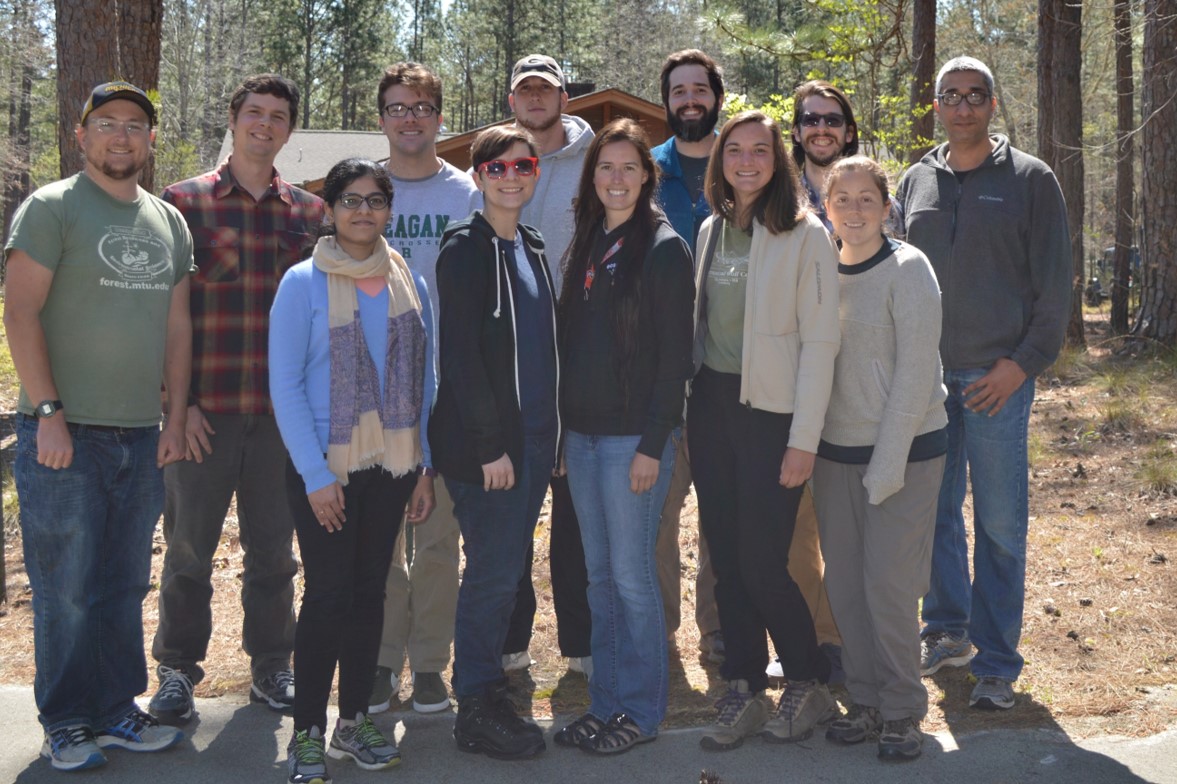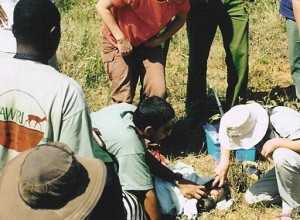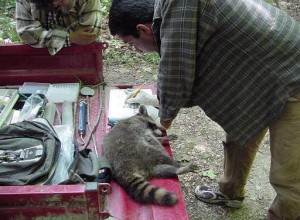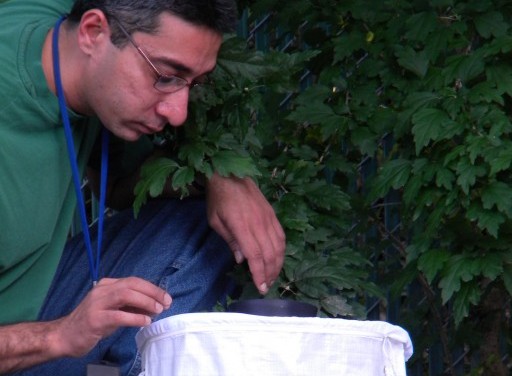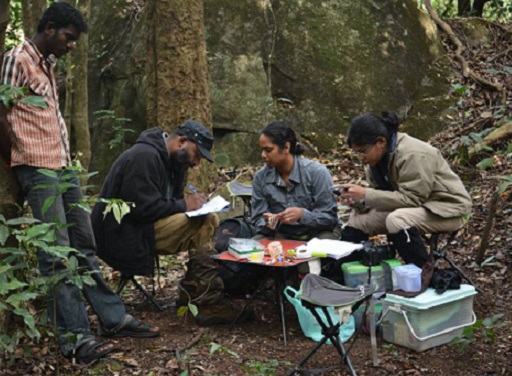Emerging and re-emerging diseases have been characterized as one of the greatest challenges of our times as rapid pathogen and vector evolution outpace technological solutions, such as novel drugs or insecticides. Consequently, there is an urgent need for evolution-proof disease management strategies founded on basic research into ecological and evolutionary processes affecting disease dynamics.
The research in our lab group aims to further our understanding of parasite and disease dynamics in natural/anthropogenic environments by integrating epidemiological, ecological, genetic, and socioeconomic data using empirical and theoretical approaches. We hope a better understanding of the eco-evolutionary aspects of parasitism will help us better manage diseases in humans and animals. The importance of such an intimate understanding of parasites has never been more relevant to human well-being and ecosystem persistence as in present times when environment perturbations –from global climate change to local habitat fragmentation – have led to modified disease dynamics, and consequently the emergence or reemergence of disease.
